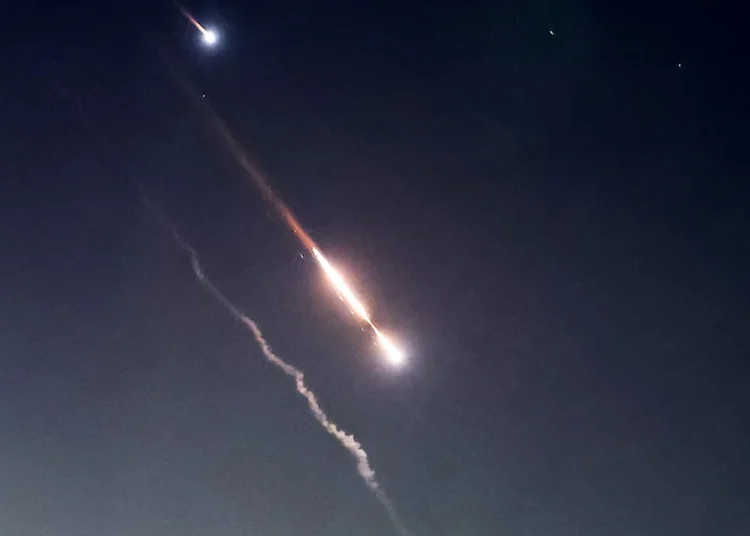The assassination of Ismail Haniyeh, the political leader of Hamas, in Tehran, and Iran’s potential reaction continue to capture global attention.
Israel’s breach of Tehran’s red lines, coupled with statements from Iran’s high-ranking political and military officials, has made a response to this act inevitable.
However, the uncertainty regarding the nature and extent of Iran’s response has left Israel and its Western allies anxious, oscillating between hope and fear. They fear the severity of Iran’s response while hoping that some parties might mediate to reduce its intensity.
In this context, numerous speculations have emerged in Western and Israeli media, often attempting to gauge or influence Iran’s reaction. Over the past few days, various governments have sought to mediate, delivering several messages through diplomatic channels.
Iran Nuances has learned that these messages, whether from friendly or adversarial states, urging Iran to exercise restraint or mitigate its response, have not swayed Tehran’s resolve to retaliate decisively against Israel. Iran has deemed these mediations unacceptable.
Ismail Haniyeh had traveled to Tehran on an official and public visit to attend a political event, the inauguration of the President of Iran, when he was assassinated by Israel. Tehran believes this act is deemed a terrorist act and a violation of Iran’s territorial integrity and national security. Consequently, Iran views its decision to punish and respond to Israel as a legitimate and legal right.






